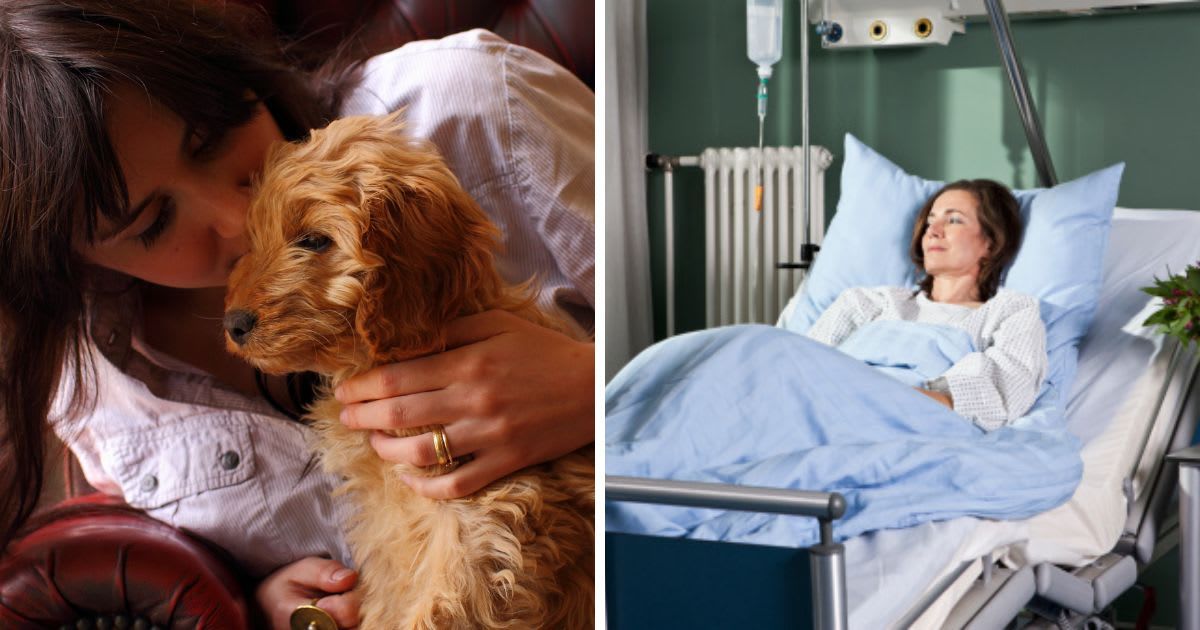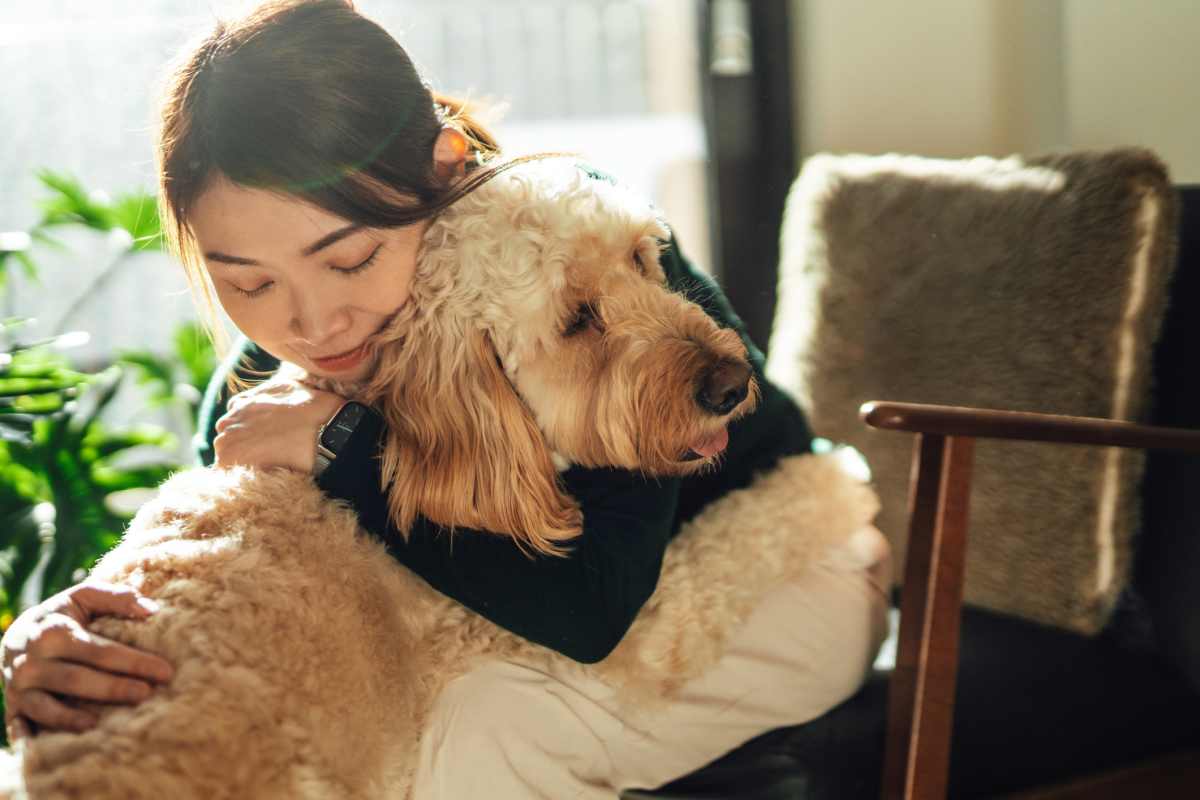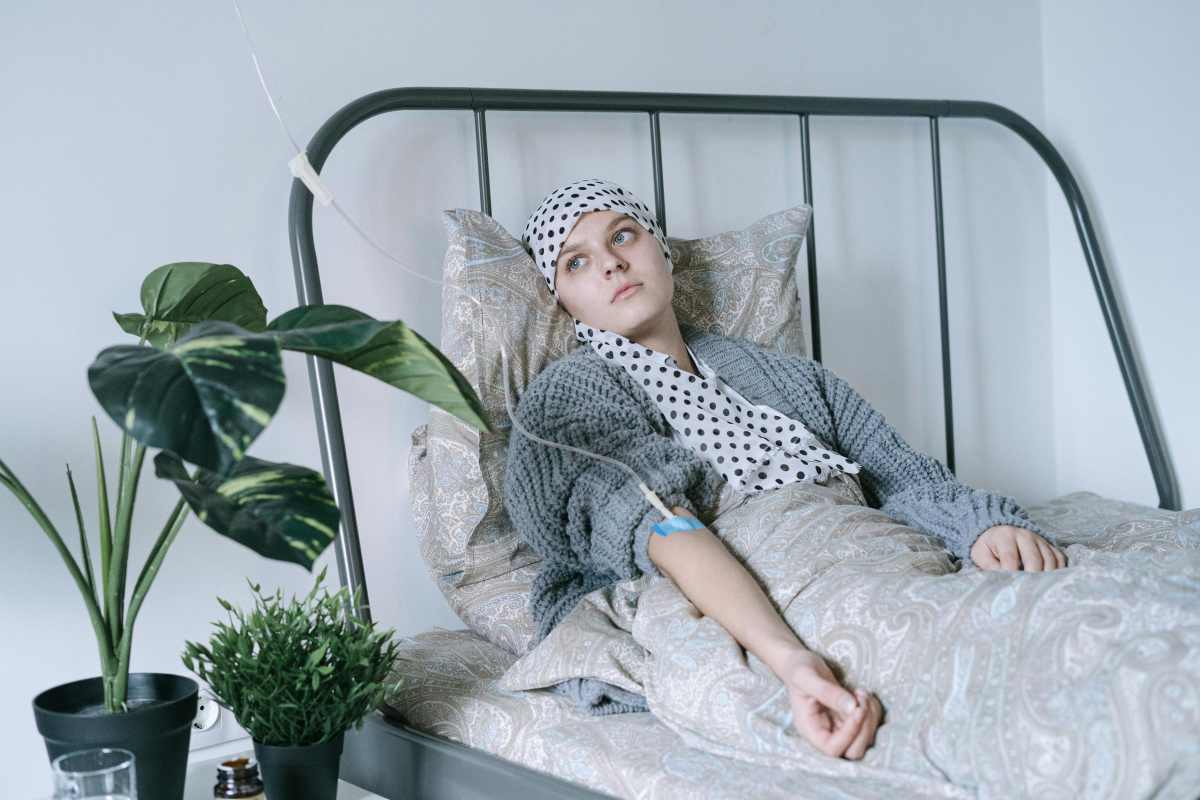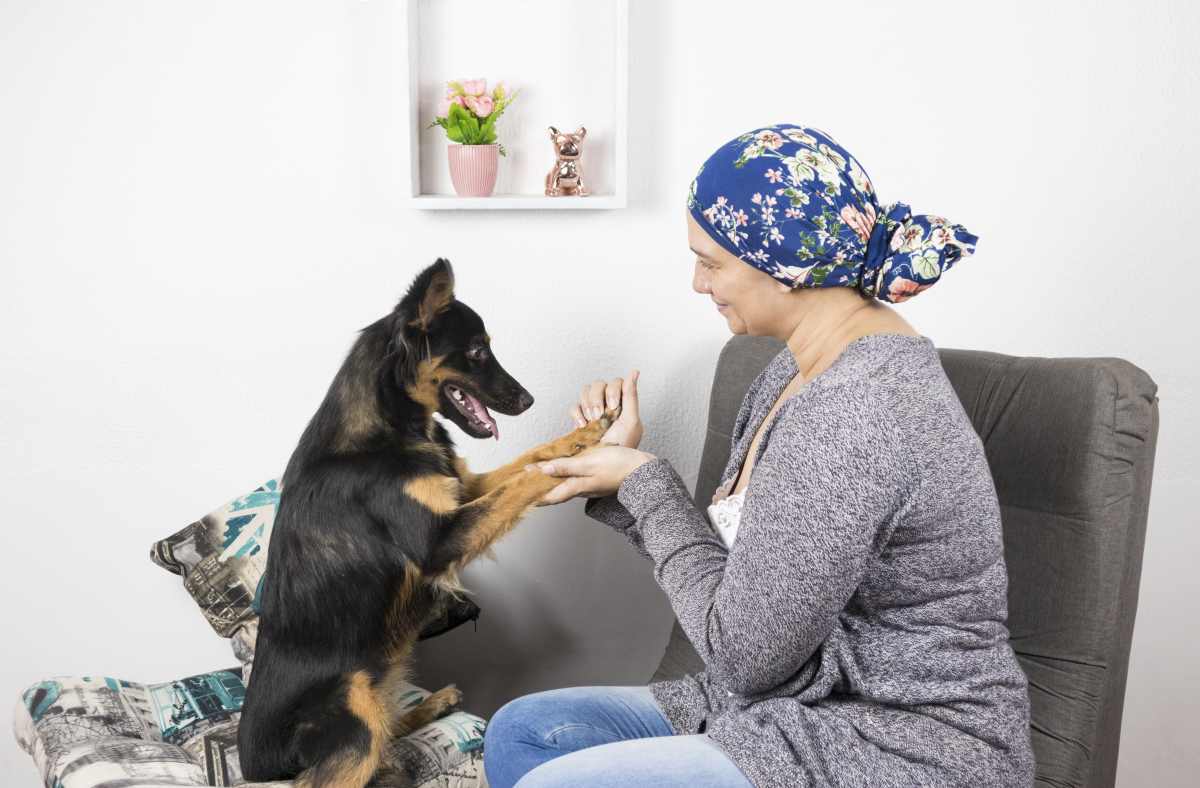Woman thought her dog’s obsession with one of her breasts was ‘odd’ — 6 weeks later, she received life-altering diagnosis

A dog mom has shared how her pet helped her through a life-threatening diagnosis and recovery. Breanna Bortner was surprised by her dog's sudden shift in behavior as he became fixated on one of her breasts. Unsure of what was going on, Bortner vividly remembers her dog, Mochi, becoming overly attached to her with every passing day. About six weeks later, she underwent a medical checkup that led to a biopsy. When the report arrived, Bortner finally understood why her dog had been acting so strangely.

In 2023, Bortner was diagnosed with a rare form of breast cancer. She believes Mochi, a Cockapoo, played a major role in the detection of the life-altering disease. “I had always heard stories where people, you know, say that their dogs could sense things," the 31-year-old woman told Fox News Digital. Soon after discovering a lump in her breast, Bortner decided to get it checked. The time span between the discovery and the biopsy was significant, as she noticed Mochi behaving weirdly. She was shocked by how attuned her dog was with her body, which eventually led to the breast cancer diagnosis.

Bortner admitted she had never experienced anything like this with Mochi before. When the biopsy confirmed her diagnosis, she realized what had been happening. “I was like, oh my gosh, he’s known this whole time. Before I knew, and the doctors knew,” said Bortner, who hails from Minnesota. She was diagnosed with stage 2B triple-negative invasive ductal carcinoma, a rare form of breast cancer that accounts for 15% of all cases, per the Cleveland Clinic. Due to the complex form of the cancer cells, treating them with chemotherapy is difficult.

For Bortner, Mochi was a constant source of support through it all, and she calls him her “soul dog.” Only 2 years old at the time, the pet owner was worried about leaving him alone in the world if her treatment didn’t succeed. "And I was like, ‘I cannot leave this earth before you do.’ Like, no way. ‘I should be the one burying you. You shouldn't be the one having to lose your human mom.’" Meanwhile, Mochi stayed by her side with unwavering loyalty. When Bortner lost her hair during chemotherapy, he would dig through the trash to find her hair strands after she left for medical appointments. "He would dig out my hair to smell me,” she said.

Fortunately, Bortner was able to fight the disease and is now helping other cancer survivors through the dark times with her own blog, Brave Beautiful Boobies. She shares her personal accounts of battling cancer on the site and provides resources and information for other victims. Though she has moved on from the diagnosis, the ordeal brought her and Mochi even closer. Dr. Marc Siegel, a clinical expert and senior medical analyst, explained that dogs can detect "abnormal cancer proteins" and chemical changes in the human body with their acute sense of smell.